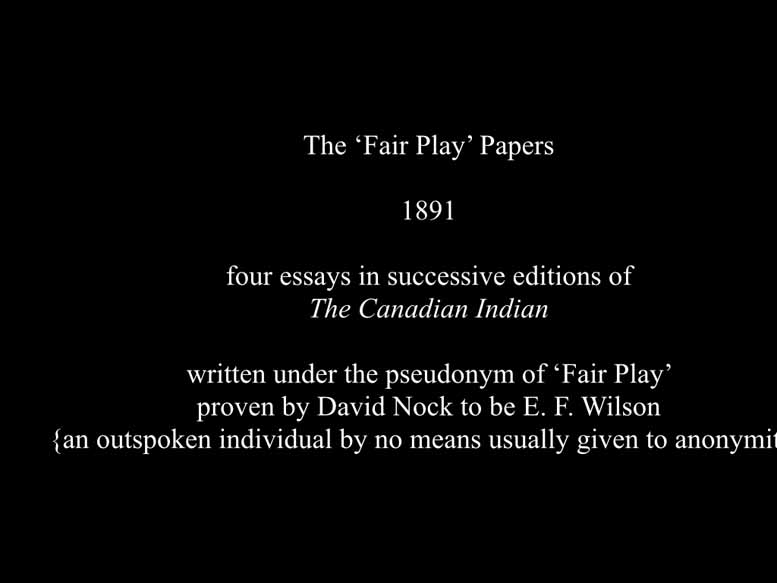 W.001.jpg
W.001.jpg
 W.002.jpg
W.002.jpg
 W.003.jpg
W.003.jpg
 W.004.jpg
W.004.jpg
 W.005.jpg
W.005.jpg
 W.006.jpg
W.006.jpg
 W.007.jpg
W.007.jpg
 W.008.jpg
W.008.jpg
 W.009.jpg
W.009.jpg
 W.010.jpg
W.010.jpg
 W.011.jpg
W.011.jpg
 W.012.jpg
W.012.jpg
 W.013.jpg
W.013.jpg
 W.014.jpg
W.014.jpg
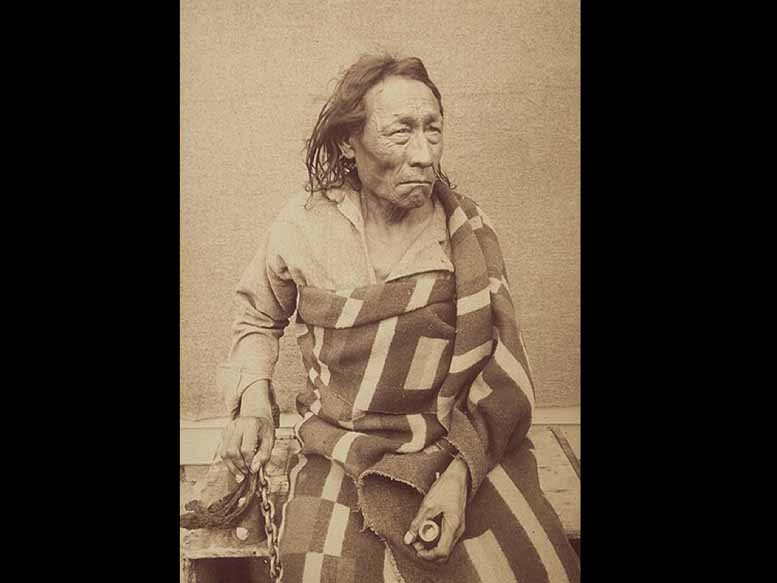 W.015.jpg
W.015.jpg
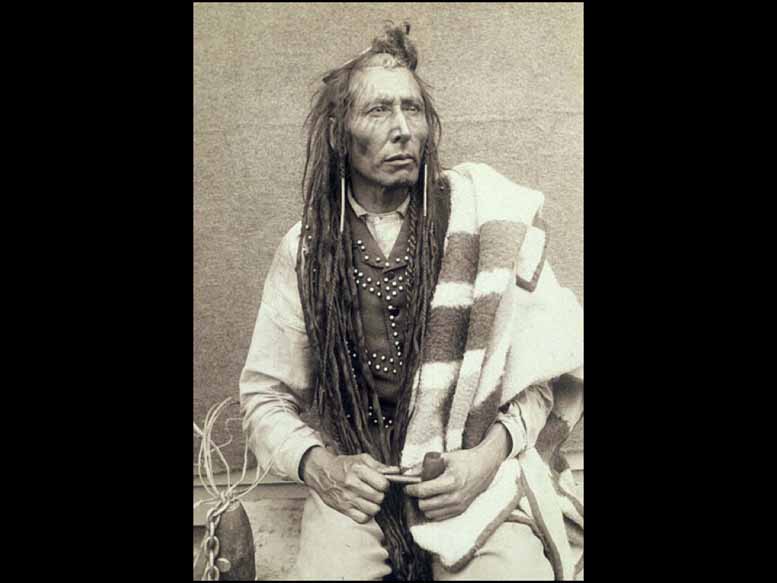 W.016.jpg
W.016.jpg
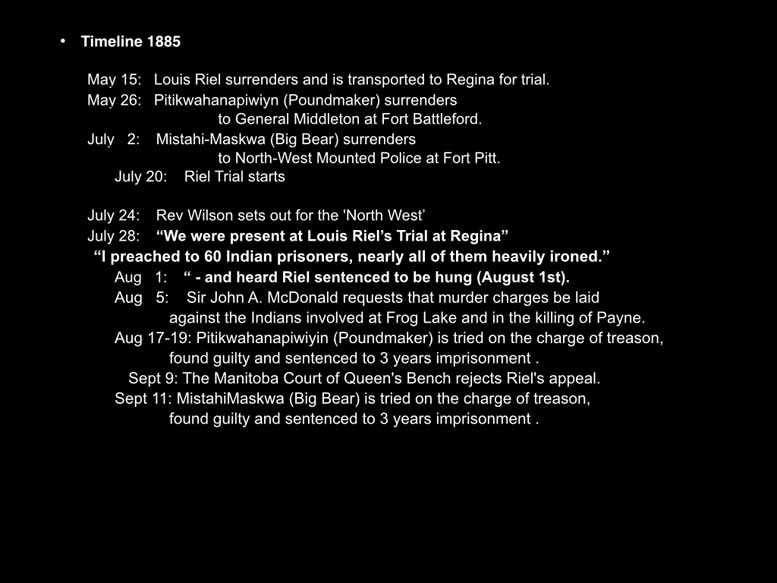 W.017.jpg
W.017.jpg
 W.019.jpg
W.019.jpg
 W.020.jpg
W.020.jpg
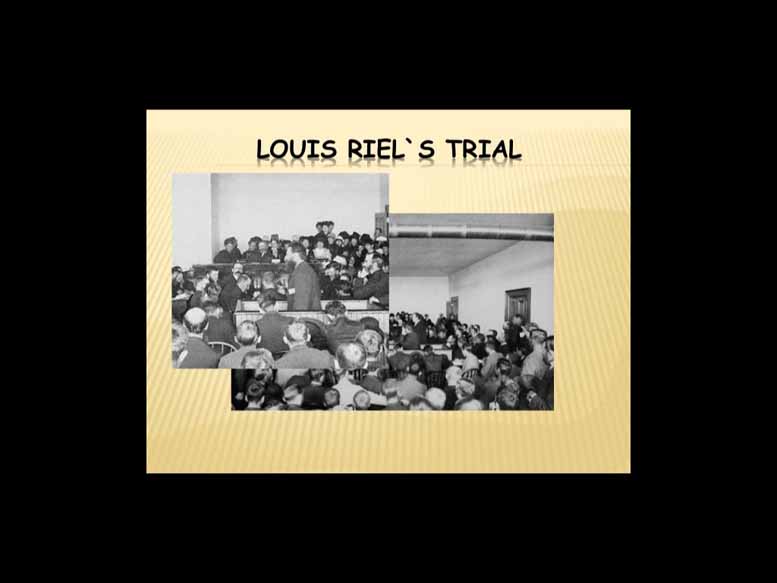 W.021.jpg
W.021.jpg
 W.022.jpg
W.022.jpg
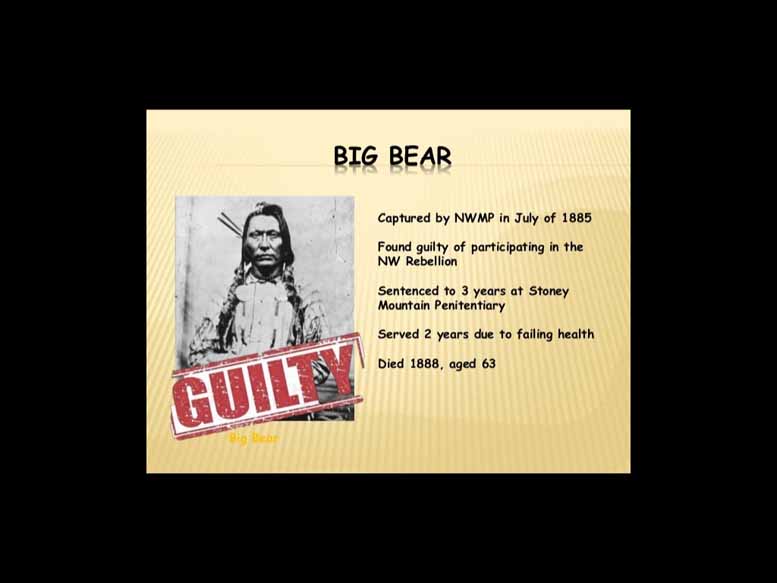 W.023.jpg
W.023.jpg
 W.024.jpg
W.024.jpg
 W.025.jpg
W.025.jpg
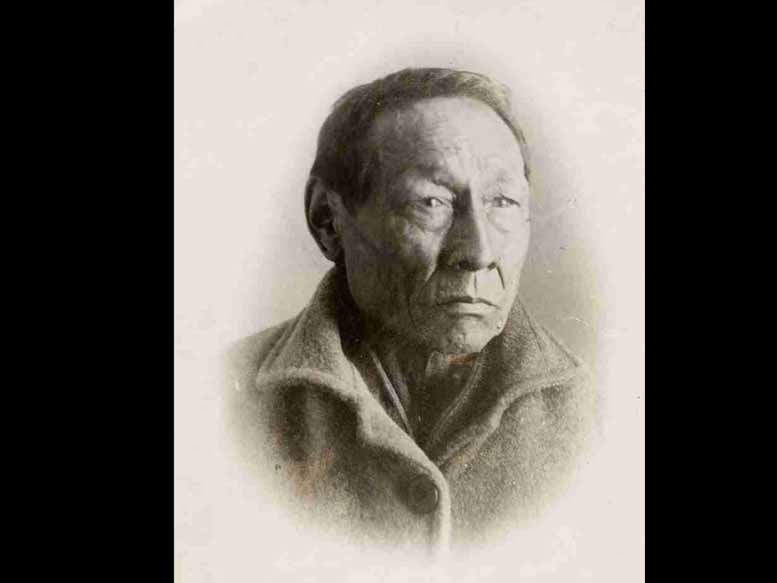 W.026.jpg
W.026.jpg
 W.027.jpg
W.027.jpg
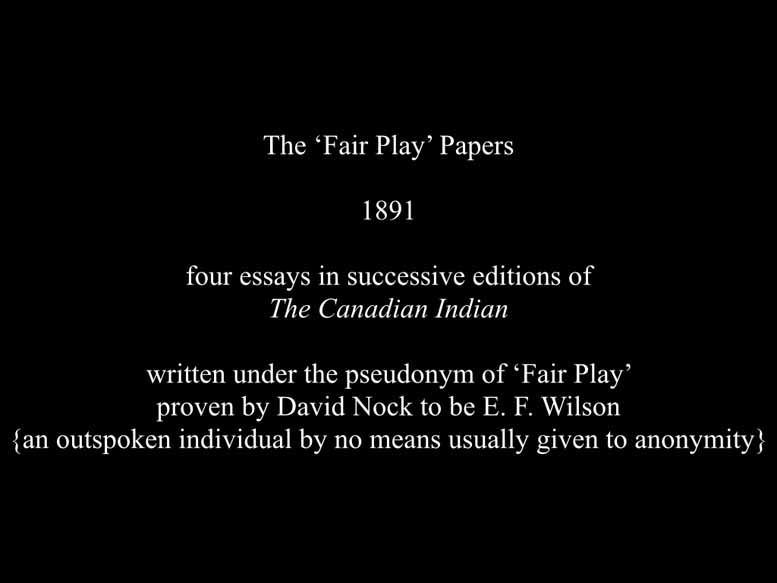 W.028.jpg
W.028.jpg
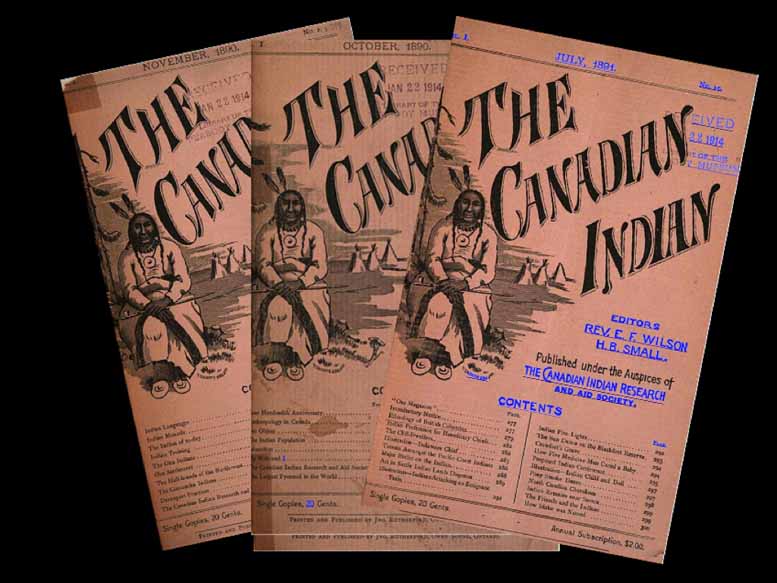 W.029.jpg
W.029.jpg
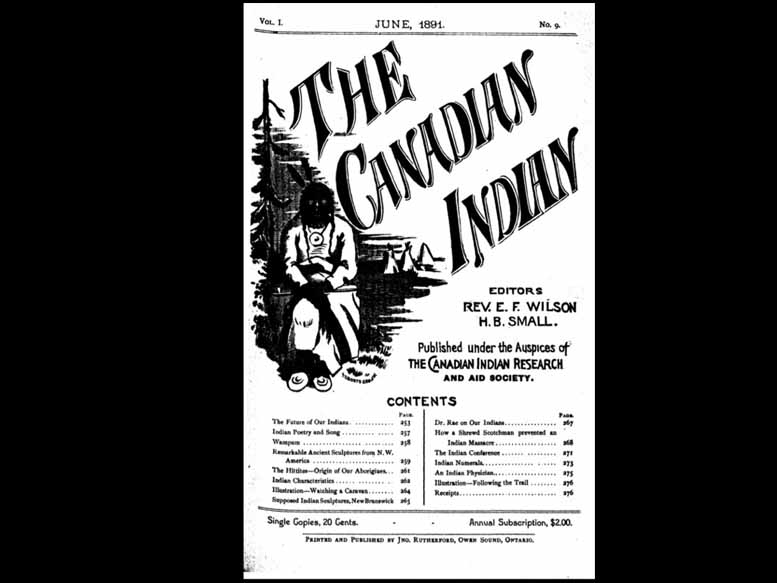 W.030.jpg
W.030.jpg
 W.031.jpg
W.031.jpg
 W.032.jpg
W.032.jpg
 W.033.jpg
W.033.jpg
 W.034.jpg
W.034.jpg
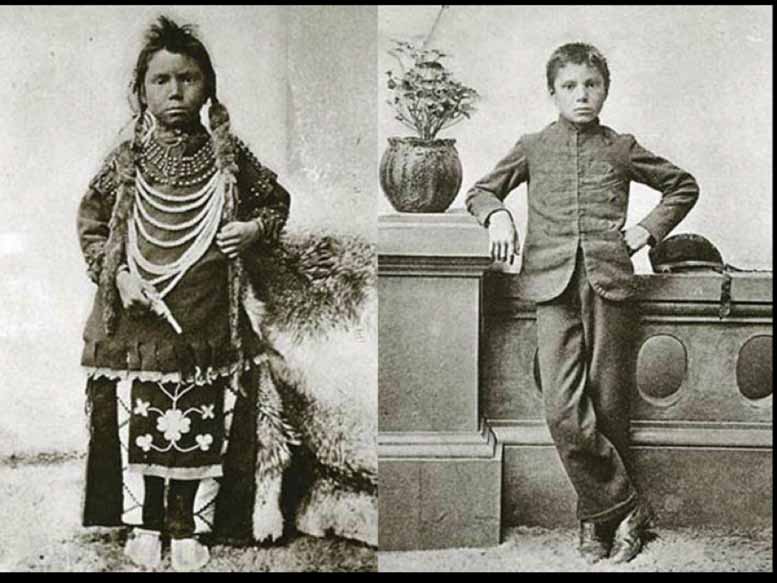 W.035.jpg
W.035.jpg
 W.036.jpg
W.036.jpg
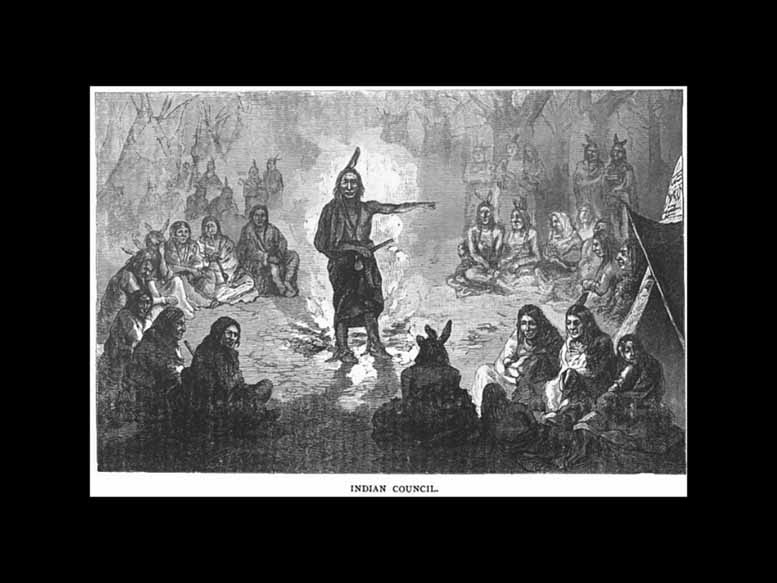 W.037.jpg
W.037.jpg
 W.038.jpg
W.038.jpg
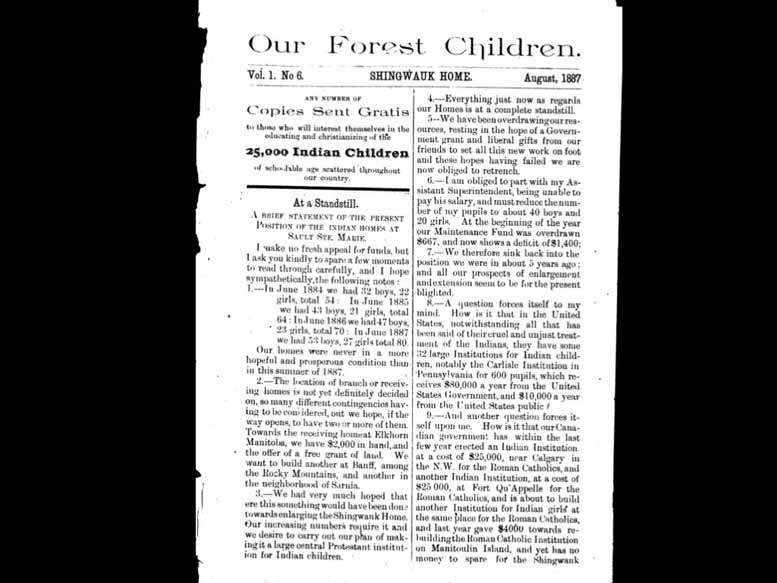 W.039.jpg
W.039.jpg
 W.040.jpg
W.040.jpg
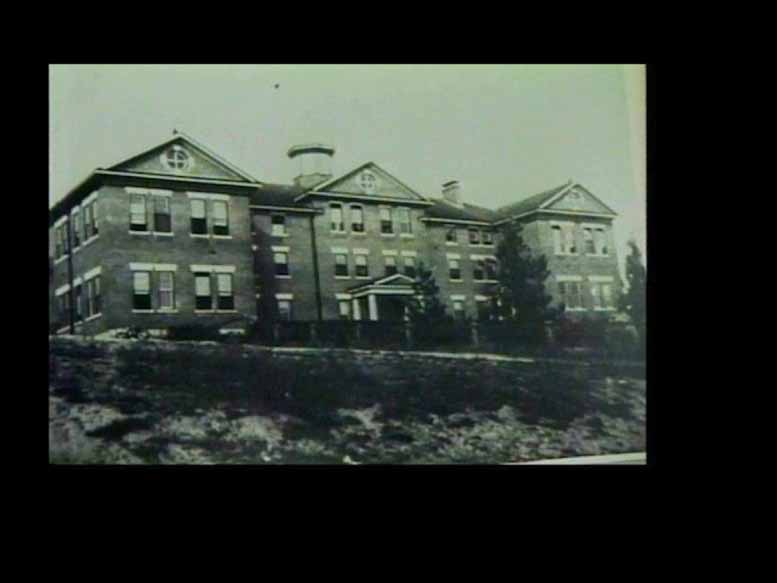 W.041.jpg
W.041.jpg
 W.042.jpg
W.042.jpg
 W.043.jpg
W.043.jpg
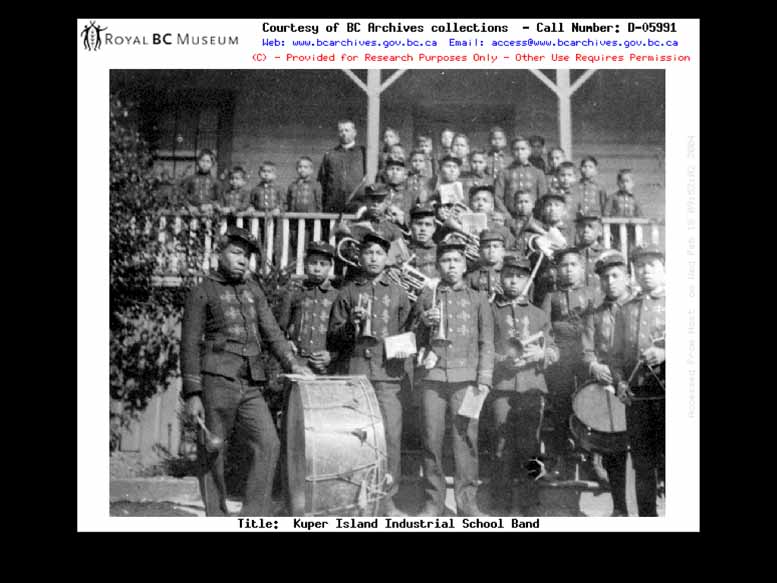 W.044.jpg
W.044.jpg
 W.045.jpg
W.045.jpg
280_Rautenbach_Wilson_Fair-Play-Papers.mp3
otter.ai
19.04.2023
no
Speaker 1 0:00
They aren't going to surprise you all from the outset was something slightly different than you were expecting I am first I am going to say that I would like to acknowledge that we are meeting today on the traditional and unceded territory of indigenous Coast Salish peoples. And the next thing, I'm going to introduce Reverend Wilson, and you will begin to understand during this presentation why I started that way. It is good form to start every meeting that way on Saltspring. I'm introducing to you today I'm introducing to you today, Reverend Wilson, but through the medium of the publications of David nock. I personally bring to David Knox understanding my own knowledge and enjoyment of Reverend Gerson salts, benign community builder, communicator, and great illustrator. Not to mention progenitor of so many subsequent hotspring Island families. This is his family. This is the 1901 Christmas painting that he did. And this is to show what a great illustrator is he's really good at doing portraits of people, I can recognize those people that often family and other descendants are probably likely to be able to do so also. If you want more details about who's in these photographs, and paintings, or any of the stories behind them, there's plenty more than I'm going to give you today but it would take five hours if I told them to. So I'm just gonna rush straight through just know that you can ask me either afterwards, or on another day. It's in a scrapbook. Referenced Wilson. Today, I need to talk about Reverend Wilson's courage, his courage to try to change what looks like it can't be changed. Now Reverend Wilson, generally speaking, lacked serenity, even though he was a reverend, and above a lot of things that before he came to Salt Spring, it was about the negative effects of Indian residential schools being run away the government and churches were hell bent on running them, that his Serenity was lost. And what he was taught speaking out about to change it. He was a church man himself. And it could be said to have started the very first industrial residential school. And you could even be said to have an increasingly run it with the damaging attitudes that he was later to battle against. Well, the poor man failed in his battle, he burned out he collapsed. He was not listened to. And he was in a way Shut up. So he learned to let that go and come to Saltspring Island to separate himself from a duty of care to the First Nations that he called Canada's Indians and apply himself as an Anglican rep. Rep. Anglican Rector instead was predominantly white parishioners, while also returning to his first love, which was agriculture. He built up and found the land which is now known as the golf course just across the road. And he was a key player in the reestablishment of the Saltspring Island farmers Institute, and its annual Fall sales. In fact, it was in large part due to Reverend Wilson that we are in this hall today. He was part of that committee that voted to make the first community hall on Saltspring Island. I've always loved him, because he's a community builder, and I love community and community building. Now I switched from that to read you something stated by Phil Fontaine. I don't know if you are aware, as aware as I have been of late of the Truth and Reconciliation committee going around Canada to listen to the voices of the survivors of residential schools. But the person who started that is Phil Fontaine. He was the National Chief of the Assembly of First Nations, and he successfully negotiated the Indian residential school settlement agreement, part of which includes the Truth and Reconciliation Commission. The point of it would be to have a financial contribute contribution of more than 5 billion to help survivors to survive With programs for them that they will call healing programs. That happened in May 2006. And it all came about because Phil Fontaine himself revealed to the world that he had been abused in a residential school. What he stated to the Cooper island group, we oh sorry, to the north of Saltspring Island, there is an island that used to be called Cooper Island and is now renamed to Pelican Island. And there was a residential school there. And to my distress, I have found that it is one of the worst with some of the worst things going on there for a considerable amount of time. There is a priest who has been to jail for three years and come out again, and he's was then in court again, Cooper Island, people were taking him to court again. And then they just said, we've had enough of this, we can't stand it anymore. We can't do it. So he got off with that second lot. If you look in the records of his career, the time that he was in jail is called absence, leave of absence, that's online. So what Phil Fontaine said to the Cooper Island survivors, when they decided that for their healing, they would go back to Cooper Island, is that everything that we learned, everything that we heard about our community, and about our people was negative, the only way we were going to succeed was to become like them, to acquire their values, to accept their spiritual beliefs, their spirituality, to speak their language. And that's what the residential schools were all about. They were designed to assimilate our people into the mainstream. And they understood that the best way of doing that was to remove us from the influence of the family. That's why they put us away for 10 months of the year. That's why That's why they denied us our language, our culture, our spirituality. And that was at a terrific cost to our people. And we are still paying the price today. We are paying that price today. And we will continue to pay the price for some time to come. Unless, and I say unless our leaders decide that healing is so critical to the future of our people. And that healing means coming face to face with the whole residential school experience. Phil Fontaine was concerned that the money that he had won from the government would not be spent on what he designed it for, which was the healing processes. Now I know about this to Brian's talk and to brand itself and what happened there because gifts program, the Gulf Island film school that we should be really proud of youngsters can go to as well. They did a documentary in Oakland and forget when some time ago now, in the know, I forget, they did a documentary and you can see it online on YouTube. And that's where I saw it. And it's just about 45 minutes long. And it is both heartbreaking and also really uplifting. One thing I want to tell you very strongly is that throughout everything that I have read and explored to do with residential school survivors, and the Truth and Reconciliation is I am amazed that they are not angry at us. They are angry at the residential school. Yes. And they are so angry about themselves. So i My heart goes out to them. And that that film, that documentary is extraordinary. But I'm not going to talk about it, because I will take too long. Okay. So then moving right along from that. I moved to a dear friend Mike Morris, Mike, you're not in the audience by any chance today. I know. Okay. Mike clips a long way away, that he's one of Reverend Wilson's descendants. And in one of these presentations for the Historical Society. He said, I was always concerned that before he came to Saltspring, my grandfather, Reverend Wilson that is, had these Indian schools and of course, you know, all that bad things. You've heard about Indian schools through the years. And I thought, Oh, my goodness, my grandfather. I hope he wasn't one of those people. Well, he wasn't
Speaker 1 10:00
In Alert Bay, Mike met someone who had gone to the Girls School and Suzanne Lee, Mike said she said it was just wonderful. And that made me feel a little better. Even better. In 2004, his cousin Bob Morris, visited the sheen walk School, which is the one that Reverend Wilson started. And it's now a university Algoma University. But it does have an Indian name as well. Bob said he was never so welcomed. They didn't want him to leave. He was welcomed as Reverend Wilson's descendants. And Mike Maurice and his wife were invited to their 2007 reunion. So now I will leave all that behind, except very quickly to tell you that there's a really good book called unsettling the south settler within if you happen to want to know how to process this yourselves. Okay, here we go. I'm indebted to David knock who's a researcher, he discovered something really important during the summer months of us as Reverend Wilson love it. During the summer months of 1891. From March to June, a series of four articles appeared in the Canadian Indian Franc, how do I go backwards? If you remember, the first slide doesn't need to go backwards. There we go. It appeared in the Canadian, Canadian Indian under the pseudonym of fair play. parallels between EF Wilson and fair play, I will not go into the details, but I can tell you it's absolutely convincing arguments that David not presented to show that he thought that Reverend Wilson was the writer under the pseudonym of fair play. I'm totally convinced not only by his evidence, but by knowing Reverend Wilson in the way that he wrote, even the way stuff. So Reverend Wilson was a very outspoken person, I'm amazed that he would take on a pseudonym. But I have now learned why political is necessary for his own survival. It's why he came to Salzburg, Ireland. So oops. So there they are in 1901, the grown up family with their grandchildren grown up kids when he came here with Frank what I pointed out
Speaker 1 12:48
I'm a researcher and not a computer have pointed the wrong thing. Go I can carry on talking to you though. The next slide is the other half of this painting, just to show the details of what you can do. And then the next one friend, is we're going back in time to 1888. So the first one was 1901 when they were grownups, and this is when their children in their app. They're seeing walk home in Sioux Sainte Marie, and we're having a good time having breakfast. Okay, so this is what, where this family came from? Sioux Sainte Marie, and why did they come? Why? Why were they there? Well, it's all to do with this man here. The one who's sitting on the bed. He's called chief Xing lock. The British called them little pine, because that's what Shinhwa means. And his father called him Agustin Agusto. And the British then changed that the missionaries then change that to Augustine. So I hope I'll just call them chiefs in walk for now. This sketch, I'm reading what Reverend Wilson wrote in his journal. This sketch shows cheap little pine Shin walk after her machine walk home was named in his own home with his wife and children at Garden River. It may be said that cheap shingle originated the idea of this Indian institution, from which a great many writers and people studied in residential schools say that Chief should walk originated the residential schools. It was in the summer of 1871 that he left his home and started on a journey of 400 miles to Toronto and other Canadian towns. His object been to tell the white people what his own poor people needed, and to ask that something might be done for the education of their children. The chief could not speak a word of English, but he asked me that's Reverend Wilson, to accompany him and interpret for him. I want you to take in the fact that Reverend Wilson was completely fluent in a jib way. He even wrote a grammar and a dictionary to teach other missions. He's, but instead of doing that he used it himself within his school to teach the children to read their own language and to learn English by using the dictionary to translate Ojibwe into English. So he was not a person who forbade them to speak their own language by any means. That is something that happened in residential schools a great deal. It's not how Reverend Wilson started. So I'm not going to read everything where he pours his heart out, but I'm going to try to remember some of it. Yes, okay. So the globe, yet, okay. I'm going to give you a slide that shows you the extent of the British Empire at this time, which will make you understand why he says what he says next. You are a strong people, you are becoming stronger and greater every day. Our Great Mother, the Queen, that is Queen Victoria is like the rising sun in her strength, no one is able to resist her. But we poor Indians are very weak. We are decreasing in number, from diseases brought by the set new settlers, we no longer have our lands that because the settlers took them over, or our hunting grounds, likewise, which our fathers used to have, they've been put on reservations. All the country is now possessed by the white people. And we are driven back, I was addressing an old man, he was in his 70s, he actually went on to live into his 90s. I do not expect much longer to live. It's not for myself that I come to speak to you, but it is for my children and my grandchildren, it is no longer possible for them to live, as our fathers did by hunting and trapping. If they are to exist at all, they must learn the ways of the white people. This then I asked you to build for us at Garden river, a big teaching Wigwam where our children may be taught to do everything the same as white people.
Speaker 1 17:17
That he specifically asked for Reverend Wilson, not only as a translator, that to be the person who built that teaching, we've run a school and to run it. Reverend Wilson must have impressed him in some way. He also had a brother who was an equal treat to him. But more generally, both of them would seem to have been rather impressed by Reverend Wilson. However, I'm not going to see if I can whisk through the character of Reverend Wilson, as anybody in the archives may have come to know it. And people who actually lived on Saltspring Island while he was here, came to know it. But the instances that I will give a long before he came here is a difficult man to be friends with to deal with. What was he like? Well, he here is quite abrasive, quite quarrelsome, quite cold from TeaTree. He was part of the British Empire. I think the next slide now is yes. So that's next. The next one is him up close. You can see him when he was young. We had him when he was old. But he'd already begun to grow his very, very, very long sideburns, which became sort of two beards down the side of him. And then he grew a beard that joined them in the middle. So I tend to laugh at things that Reverend Wilson puts into print because they're quite unbelievable. A Reverend would say such things, but he's sharp, very incisive. He's such a busy man, such an energetic person, and he really, really wants to do good. He's trying to build community, he's trying to make people better than they can be bothered to be. However, this is his style of writing. This is to his parishioners. What I would say is this, you have a hardworking, earnest and devoted clergyman who never neglect his duty, it would be hard to find his equal and what do you give Him for these pains? What sympathy Do you show of all the congregations that I have reached to in Canada? I think I've never met with one so utterly answers sympathetic as that of the one that he's referring to. Who among you is of the smallest help or use to your hard worked Bishop? If you do not like this letter, you can tear it up. But as far as I'm concerned, it's open to the inspection of any member of the St Luke's congregation. But in this particular instance, what it enraged Wilson about this clergyman had been the letter that you had gone so far as to declare in church to the congregation, that there was no foundation for the charges brought against you. And this In the face of such absolute evidence as there appeared to be, I confess, I was stunned. That clergyman has been accused by the parishioners of sexual abuse of their girls. Reverend Wilson did not believe it. He went first to sympathy for someone as hard pressed as he was. He felt selling freely, he jumped to a conclusion that the parishioners were ganging up on him and like a witch hunt. And then further evidence came to light. He didn't believe that either he had to eat his words, Reverend Wilson had many experiences of this he wasn't very good at learning not to jump in so quickly and make a judgment. He did not have this as David nock to I love the way that he understands him, he did not have a great fond of patience. This was at the same time a virtue and a fault. He plunged forward where others were too timid. He usually had a positive mind that contemplated successes rather than failures. But if Providence did not move in the direction and at the speed which Wilson expected, he was liable to make rash moves or speak hasty words. EF Wilson had the great advantages and character of being independent minded and relishing hard work, he could hardly have built up his various projects, if this had not been true. To a great extent, he was the embodiment of the virtues that were also extolled. He was certainly outspoken, and it's difficult to assess at what degree outspokenness becomes a fault rather than a virtue. In my scrapbook, I would then go on to tell you what kind of a Christian he was. He's an Evangelical, but I'm not going to spend the time today. You can ask me about that later. One of the loveliest things that David Knox said about Reverend Wilson was that he was undeterred by the reality in which he found himself. That was how positive minded and I love it. It's describes him quite a lot. Okay, so I have more such things as that. But still lots of stories about Roberto Wilson here on Saltspring, as well as back then. But basically, there was an inner dispute between the firm and the Fanciful. In Reverend Wilson. He was a man of firm church principles, for whom the extraordinary 19th century expansion of both the British Empire and the Church of England gave undeniable evidence. Now the expansion of the next one, please. Yes, you can see all the little pink islands. The British even went out and sort of put a flag in every single island that they could come across, as well as all the great continents. And they were great inventors, the Industrial Revolution, and phenomenal machinery and all sorts of things. It really was a sudden advance. In 1869, however, Reverend Wilson found something very attractive and fascinating about the First Nations of Canada. He was a scientist, in his mind, he was an artist. And he also had a romantic touch to him. There's no doubt that, that Wilson was not the easiest man to get along with. But he had great faults of character. However, it's also true that he did get things done that others would not have, that he was very hardworking and persistent. And that he had a great hope to prove of use in uplifting the Indians according to the standards of British society. Now, you could say that about him being a pastor here on Saltspring Island, except that it was about listing the settlers according to the standards of British society. There's lots and lots more there, but I'm not going to move on the work that he did. Okay, so the next slide. He came first to Sarnia in 1869. He actually came in 1867 to Canada, because he was really interested in agriculture and somebody told him to go to Canada and become a laborer on a farm there that was part of his evangelical family. This is Anglican evangelicals. Family there, he came, and within three days of landing there, he fell in love with the Indians and decided that what he'd rather do is become a missionary, which is totally used to his family who all wanted him to go to Oxford University, become a scholar like them. He wasn't interested in being a scholar. He liked adventure. So the next slide, please Frank. Then he went to garden river because chief Qin walked singled him out for on him, decided he could be his interpreter and decided that he could set up the school you can see chief Shin walk down in the bottom left hand corner, they're sitting on line lounging on the bed that he was previously sitting on smoking his pipe. So these are Reverend Wilson's journals, Frank has his personal copied coffee here today that you can have a look at to see how amazing it is. He made Reverend was made in 1908, at the end of these days to see where he died in 1915. But he started his journey in 1908. So yep, I could read to everything that's written on that page. But I'm not going to he that there's that story for every page picture that's there. And unfortunately, I suspect I can't tell you the story about the baking of bread. It's in the top right hand corner then. But what I love what I have been loving in the past few weeks, actually months of going through Reverend Wilson, is that am I doing something's making it crackle. It's the elastic. Okay, I can probably see it without holding it. I don't think I need to, I think I can see. Okay.
Speaker 1 26:33
There's a story behind every single picture that he's put into the journal. And I realized slowly that every picture that's in the journal is the original drawing that he sent off to the publishers to make engravings from for all the publications that he got into. And so he's just collected, he's just kept them and knowing but needs a place to put them. So he's made this journal as a scrapbook. So what you have here are the originals. And we'll have one example of an engraving. And that's all that I have been finding the engravings as well. But the most exciting bit is to actually find all the stories. And I'm really sad that I don't have the time to tell you the stories. But Bob has promised me that I can make another presentation where I could perhaps just stick to the stories, I'll still bring the pictures too. But this one about baking the bread is quite fun. He's a very funny man, a very affectionate, delightful person, when you read him when you don't read his letters to parishioners, but when you read him writing for his family and telling stories, he's a great storyteller. So this story is all about. Maybe it's quicker to read it. I don't I do tend to do this. But the story is about how he was taught how to bake bread, because you can't be a settlement on in Canada without being able to bake your own bread. And he was a person who would never have done anything. He came from a very wealthy background. He would never have baked bread for himself or done anything for himself. He would have had servants is quite awful to servants because they're not up to the standards of service that he expects. But he was really keen to learn how to do everything himself. So the story that is behind this baking of the bread is how happy he was to be alone with a little Indian boy for a week, taking care of a place like house sitting for another vicar. And it's just delightful to read. You can see yes, he really did like playing it Indians, that's for sure. Next picture. So book with Jenny, who is 10 years younger than his brother chief Shin walk, said yes to Reverend Wilson, when they they said to him, how can you start a school he said well would need money, unfortunately. So they said how do you get money? So he said, Well, I take you dressed up as an Indian around England and we'll get money. So buckle down and he said, Oh, okay, yeah, I'd like to do that. So he dressed up in all his his Modern Gear or half and half or full Indian as he felt like doing and would would smoke his long piece pipe and we've got his piece but no, not yet. Okay, move on to the next one as well. So that's his, his face to impress his he impressed the British and he came back saying I will always love the English. But you wanted to live in Canada because everything was free here. You had to pay for your food there. That was ridiculous way to live. But in which one I got Yes, in the picture. So the next one, I think Frank the next slide, you will see his long piece pipe. So he did all sorts of things that were not kosher as it were when he was in England because he loved impressing people. Right. So One of our best meetings was a garden party at Mitchum, vicarage. There's a large gathering of ladies and gentleman beneath the dark spreading cedars on the soft lawn that she put on his feathers and ornaments, and at once became the center of attraction. That's all I'm going to tell you got that story for now. And the next one should then I hope be Uncle Arthur. Yes, Uncle Arthur and chief Booker journaling. Now Uncle Arthur is written that way because it's his journalists for his children. Arthur was actually his younger brother. I will read all of this for you for flavor of revolution. It was strangely affectionate. But we're generally conceived for my brother from the first he misunderstood his name Arthur, and thinking it to be otter always caught him legally. YouTube word for otter. Upon my father, he confirmed that I'm sorry, I'm gonna skip that bit out. We're gonna need Nick. He became Nick, Nick and he became great friends. They had one thing in common, and that was a love for tobacco. And in the summer evenings after dinner, the young white man and his grown companion would recline on rustic seats in the garden and smoke pipe after pipe, the red man mixing his backe with some savory bark from his native land, which he produced from the depths of his Martin skin tobacco patch. They couldn't understand each other's speech, that they didn't have signs and a few broken words of English occasionally introduced by the chief, they managed to carry on some compensation. So that's the sketches that Reverend Wilson did and the written sketches that he loved to write as well. While they were away in India, the church Missionary Society, which I've not mentioned to yet and should have done, withdrew their services from Reverend Wilson. The church missionary society at the time was run by Mr. Van who was a very forward looking man who certainly did not believe in cultural replacement, which is what I call assimilation what the Canadian government called assimilation. Cultural replacement, I hope you understand means you get rid of the Indian and an Indianized the Indian get rid of the Indian and produce a Canadian. And while they were away, the church Missionary Society Oh, he took Bucha and then Bucha an enemy to go and meet Dr. Van and Dr. Ben love books. And then and he and he, they got on very well together, Reverend Wilson, and and ven and Reverend Wilson read and listen to him and so understood how to do missionary work the way that then sent all these missionaries out to do missionary work, which was basically what the wording that they used was to aim towards euthanasia of yourself. So aim towards teaching that when you were converting the Indians or anybody all over the world, this is British Empire expansionism to teach them about the Christian beliefs and leave them to become their own vicars, their own priests worship in their own way, just bring the light to them, and let them do it, whatever, whatever way God chooses to inspire them to do it. That was Ben's belief. And that's how Reverend Wilson came back to Canada in 1867. That's what he did in Sarnia. And that's what he was going to do with shushing walk school, but in 18, but the church Missionary Society withdrew their money because what he was doing didn't fit in with their society rules and regulations. There had been complaints and they've had to be withdrawn. So the replacement society that would fund him didn't have the same ideas as Dr. Ben Rubin, Wilson thought he could just carry on anyway. That was not in 1873, after the church Missionary Society abandoned him. He founded several schools for Indian children, the most important being Shin walk and the woman Oshun walk for both boys and girls. Then he realized the need to have a bun separate for the girls. So start a woman wash with the girls. They were residential schools where he served as principal until 1893. That's 20 years of being the principal of the schools and also started to more that his son was the principal further away, and I'm always No, I won't tell you that bit. Okay. During his 25 year ministry with the Native Indian peoples of Ontario, EF Wilson was to become a recognized Indian ethnologist and anthropologist, particularly after 1885 After 1885, he began to read and serious anthropological and historical writings on Indian tribes. And I promised some people that my presentation today will explore what catalysts spurred into this new endeavor. So I'll look at the clock to see how much time I have. Yes. Okay. There are three people who are not here today, we're glad that this has been recorded. One of them is the person that I should acknowledge right off the bat, because without Ron Hawkins, spending the money on giving me tea and toast and marmalade at
Speaker 1 35:36
Harbor house, every now and then just to chat together, I would not have got on with this project and gone as far as I have, he encouraged me. And he phoned me up before just a few days ago to say he was really really disappointed that he would not be able to come he has to be off island. There is also another descent, a descendant called Kim, who has been corresponding with me, she wants to volunteer in the archives. And she has been hearing from me about what why I'm so busy and not doing what she would like me to do, which has been on this and she wants to come she phoned me up this morning when I was too busy to answer the phone and said good luck. She's really sorry, she can't be here. And Naomi Hart, which I don't know how many of you will know her. But those who do will definitely still remember Naomi, who is a descendant who came here to do the Ganges to Ganges through Ganges art show in artspring. She has also sent me an email saying she wishes she was here, and she wants the full five off by telephone or email, please, not just 45 minutes. Thank you. Okay. So in 1873, we can move on. In at 73. They got enough money, and they built the school. And you can see what happened there is that I'm trying to remember how many days later it was. It's like a few days later, from Monday to Friday, right? Now from Monday to Saturday, Monday, it was opened, they had a big tour all around it. Everybody was so happy all the Indian parents, all the kids, all his friends, they all came out. And Friday the whole thing but right to the ground. It's called a suspicious fire. In some writings, I have seen that descendants of Wilson have a story about who he thought it might have been the cause of it. But there's nothing that he's written that blames anyone for it. They all got up with the cable to England, all this burnt down, no lives lost, nothing saved. So all of that fundraising has gone up in smoke, just like five six days after you finally got it to fruition. Does Reverend Wilson give up? No. He is undeterred. Despite the reality of the situation in which he finds himself. Now we will skip through this. But on the right hand side, you will see what happened as a result of that fire. The youngest child Laurie caught pneumonia from being outside in Ontario. And she died. And he did not blame it on the fire. But it to me it is absolutely clear that his wife almost died because of the fire. For the same reason she was exposed as well to the weather and stuff for far too long. They were all outside without proper clothes on all the children, everybody and he was amazingly brave. And it's he writes about how amazing he was brave. He was but I love him for it. Anyway, he's not humble man. He's a physical, Victorian gentleman at the time. So then the next picture will show you rapidly what happens next. Okay, so he starts fundraising all over again. And believe it or not, the fire brings in lots more money than the first fundraising didn't. Everybody's hearts went up to him. And they just poured money in. And so there's this lovely story that I don't have time to read to. But it's a super simple story about how his wife and he went wandering and found this space you can see on the bottom right hand corner there. No, can't see the bottom. Never mind when it was small. We could and they are staking out the land. The speed at which he worked was what I would read that story too for. It's like, four days later and he's got the foundations. He's bought the place. The service everything he does it all himself. He's not. Okay. So now we can whiz fast through his wonderful paintings to prove to what a lover of adventure he was how much he loved Canadian wilderness. Oops. No way we haven't got all right. Frank, we haven't gotten in the right order. Alright, I will speak to this first, okay, so. So I've told you the start of this framework school, then he goes on, I'm not gonna tell you anything about how started all the other schools and all the fundraising, et cetera, et cetera. But he had problems. He he was running that school for 20 years. By the time 10 years were up, he already knew this was not the right or the new, the new organization that he was doing it for, didn't want him to do it the way he wanted to do it. They wanted to replace the British education and replace the Indian culture with the British education. And she walked was sort of going along with that, because that's what he asked for. But then the government and the churches started to come in and give what the and say what the curriculum had to be. And that was not what Reverend Wilson wanted, like with his teaching them to read a jib way and then translate from Egypt way in order to learn English, those kinds of things were not permitted. And if he had not done what he was dictated to do by the government, and the churches paying for him to do it, then he would not have been able to do it at all. So he just succumb to doing it the way didn't like doing it. But more and more, he saw what what happened. When you do do this to a people spirit to the parents back home, we don't have their children, because he lived amongst them to the children themselves, who don't have their parents. And also that an institution breeds illness, which is what this story is about. And the children themselves would get homesick and become runaways. And some of them would get very angry about it. And they would commit arson is quite a bit of arson after the first fire. But it was all fine. Because the first fire proved to Reverend Wilson that one thing he really needed to train all these kids to do is to become a fire brigade. So they pull the fires out really well. They even put them out before the fire engine came with a really big one happened. And that's another good story. I'm not going to tell you. But Frank, if we could move on, that's, that's the last. That's the runaways, his account of the runaways collecting them is so much fun. I think the runaways probably had as much fun as he did, because they had 10 days he and all the boys were sailing the ship, that he had a ship called the missing the missing boat, called the missionary and they were trying to find where the boys got to in the canoes and the logs that they'd stolen from the sack the other and they spent 10 days chasing them up and down the rivers and, and they finally found them brought them back and all the other kids were very happy to see them but put them on trial. Boys only no white people, no adults allowed and put them in in the lockup, which Reverend Wilson had had built for them to put them in. And that lockup was what made the worst fire that they had the boy in it decided in Bernie's jail down so he did, and it caught the rest of the building on fire as well. And the fire brigade put it up before the fire engines came. They don't have all of these stories have their part in it, it's so much adventure. But it doesn't really hide the fact that Reverend Wilson was actually getting more and more concerned about the welfare, not only of the children, but also of their parents that this was not working this this was damaging to this people. And he felt like it was damaging to the British Empire also, that if they were doing this all over the world, which they were now we're going to resign Frank now through all of the joyfulness is he was a wonderful painter of landscapes as well as the portraits. These are all accounts of the trips that he and all these little children in their sharing what kind of went on together, camping trips out in the wild, being part of their own culture, carry on. Learning how to use the the canoes, learning how to build them, they were Bootmakers they were car they were door and sash window makers, they were a silversmith. He taught them some many trades. And then he taught them to teach themselves all these traits so that they could be a part of this new, wonderful British and western expansion that pickled in eastern all the time because it came from Europe, but still this expansion of a new world. Carry on Frank and his accounts of surviving all these these battles, boat against water, etc. They're wonderful. Keep going, keep going. Keep going. I'm sorry, I have to rush you through all this. And again, they're camping out at night and he loves the TPS and everything he loves learning from the kids. He loves teaching them what they're not learning from their parents. And then you see sense of humor in these. So in the next one we will see here oh his poor wife. His wife is in the top left hand corner she's getting ready to go or camping. Look at the clothes she's wearing. Obviously, she doesn't like camping. And then with her is coming all these little Indian kids plus her two little white ones, right and she's going to be in charge. I know she's going to have to feed them and mend their hurts and everything Reverend Wilson is going to be out with all the ones chopping wood done building teepees. And he has said this wonderful quote that I can't find very quickly, but we'll have to tell you, which is that I like oh, I have found it. I like them all. My wife likes a few and bears with the rest for women anyway. So next slide to show what else she has to put up with. Through the middle.
Speaker 1 45:35
There are three there's a sequence of three in the middle row. And on the left, it is what Mother Wilson hears something in the night. She's in a tent, right? She sits up. This is what she thought it was. Okay, lions and tigers and bears and snakes. This is what her husband thinks it was a little squirrel. Okay. There are many, many cartoons. Here's a cartoonist par excellence for his children. There are pages and pages of this in his journals. Okay. And what else have I got? Yes. So now 1885 comes along and he has his midlife crisis, or we're going to have a midlife crisis. Okay. So he's 14 years old now. And he has a midlife crisis. This knowledge that he is part of something that is bad, is getting him to weigh him down. He starts having what I would call depression, what they call neurasthenia. And he has breakdown, nervous breakdowns and all sorts of things. And he suffers from exhaustion. I'm not surprised he suffers from exhaustion. He works a mile a minute, all the time. And he writes and right, and drawers and drawers and organizes and organizes and fundraisers and fundraisers always with no money left at all. But he manages to get fundraising in just in time to those starving because people weren't giving him any money. And they're all there's lots of things like that, that all kids are working there. They're looking after themselves. He's bringing them up so that they will be able to look after others as well as themselves. But you will hear that residential schools treated them as slaves because they made them work while they didn't have any money to pay for any servants at all. And he came from a segmented family that had servants to do absolutely everything, no rich and wealthy family that made their money in the silk trade. I think that there's another part to Reverend Wilson's part of it. But I also know it's expedient to have no servants because you don't get very much cash, especially as a church run school and specially as a government funded school. It's not they don't do the job that they say that they're doing. Okay, so when he first started the school itself, the Shamrock school. This is what he wrote at the time in 1873. That he said, so the kindness of friends in England and Canada, we got lots and lots of money because of the fire because the first one was completely destroyed. We the institution a new institution is in process of building at Susannah Murray, about nine miles from the old site upon the beautifully wooded banks of the river Samory. Here the children may ramble, hunt, fish and paddle with the Liberty so essential to Prairie born Indians, and the denial of which would probably result in their leaving the home. The parents whose children were members of the original institution, are willing to send them again and also willing that the new school should be at a greater distance from their old homes is very grateful for that. Reverend Wilson is repeatedly extremely grateful to the Indians. He understands what what a lot they're putting up from him. Oh, that's the fire brigade story. Oh, that's fine. I won't tell right now by this page. Not sucking. Right. Oh, we've got more funny stories carry on. Oh, yes. No. Well, yes, I'll say we we have a high time with the white spiders down at the bottom here. And my daughter tells me I've got to do something about the ants. Next slide. At the top now football too late, you missed it, but it's they sent him out to buy a chicken so he goes out and buys a chicken and of course it's alive. This is when he's traveling. They go on 7000 mile journeys. So my wife and daughters do not know how to prepare chicken. That is life they do not know how to kill it off target. So there he is doing it himself. Okay. Finding out probably itself. Okay, next one, Frank. Oh, we haven't got the hate. Nevermind. That's okay. There's another cartoon out. There's the Hey, all right, this is him. All right, so he's got his own relatives come to stay at younger one and an older one. The younger one is a touchy one in each case that John's team runs away, top left hand side, Lee pursues if you can just see him there. So they've got away with this and it is not an experienced farmer. Reverend Wilson is laughing and absolutely sure he is wildly sketching this. He's laughing and laughing laughing. So number two, they rush madly into the barn. John will assuredly be swept to destruction. Lee weeps. Number three down here pulling for you, John. You see what John did actually have a bright spark in him at the last minute. But Lee still weeps. And then what happens? They didn't actually want to be in the barn after all, so they come back out again. All's well that ends well. Lee gives way to an exploitive. Crikey. Okay. Modern term, I thought. Okay, so now. Next is at 85. All right, what was the catalyst for his midlife crisis, apart from the fact that he's getting depressed and stuff. There are some very heart wrenching letters that he wrote to his father about the state of his mind and the state of his beliefs and things like that, because then he's also very exhausted from trying to raise funds all the time, and very, very angry and frustrated, quite angry, apoplectic, probably about governments and things like that political obstruction to his his visionary goals. And in 1885, he was traveling anyway, probably volunteered, but was the chaplain for the Louis Riel trials, he actually went to, to, to the Riyadh the Red River rebellion much, much earlier when he was a younger man. And at that time, he thought that they were all bad naughty, because they were committing treason against the queen. When he went to this one, he also started out by thinking that he was that they were Wilson didn't display any doubt which side he favored to win. He asserted that rial had raised the flag of rebellion, and that happily, we have the Canadian Pacific Railway in a fair way towards completion, the better so to get Canadian troops to the scene of the action that was made the first 1885 Nevertheless, Wilson was deeply disturbed at the events which led up to the rebellion, which he found out about by being the chaplain to all these people who are in prison Indians, that were not only the Matey, there were lots of Indians that joined in as well, because they were not being because the deal that they were given to be on their reservations, etc, was not being fulfilled, and they were starving to death. They had taken away their hunting grounds, etc, etc, and being told farm but they didn't know how to farm anything, and weren't supplied with any tools. So let's flag then. And any seats are supplied with anywhere to purchase them either. So it's a bit of a short sighted mission. If you ask me. It's July, the first date and 85, he writes, would it not have been better to have been less eager about the immediate possession of those last hunting grounds, and to have limited for a score of years or so the progress of the surveyor with this chain, would it not have been better gradually to have drawn those 50,000 Roaming Indians within the coils of civilization, civilization, coils of civilization, instead of shutting them up. So suddenly, in reserved lands, like prison houses, and compelling them to farm or die. But what was done was done. And therefore, Wilson advocated the immediate education of as many of the prairie Indian children as possible. He interviewed the Indians who were at the trial. And he drew a sketch which went to London and got printed in the London graphic. That is Louie Riel in the dark there. And there's lots of, you know, dramatic gestures everywhere. That's the one and only engraving that I'm showing you. But we do also have the drawing. We're speeding it up by not showing both. And lots of so lots of his drawings got published. In a lot of his own publications, he's a great writer, he put out so many magazines and so many books. And so he went to interview the Indians who were in the prison. Next picture, please friend, and there he met this imposing figure poundmaker poundmaker when he was a youth was adopted by crowfoot Blackfeet done that picture, and pacifist stayed remarkably wise and very tall and thoughtful man. And obviously poundmaker was taught by his adoptive father, his own way of thinking about things. They were have opposite tribes, warring tribes pot maker was Cree and the Blackfeet were, they'd always been at war with the Korean the Korean always been at war with them. But crowfoot adopted a son of the Cree, to be one of his tribesmen, and, and back and forth, because that was part of his peacemaking. Now, I will read, if I tend to the story of pandemic I'll take much, much longer than I love this guy. So, there he is. His name in Indian. He's called poundmaker for the British, but his name and Indian that his father gave him was stinky skinny legs, because his legs are incredibly he is incredibly skinny with this big head.
Speaker 1 55:46
And they're all really standing hands. They're all half starved, I can see that as I start to look at them. This is on the premise. Despite the discontent rampant among Matey and Indians throughout much of the prairies reflected in various altercations, which alarmed the white Canadians poundmaker played no part in sending free I've forgotten to tell you that when he when he then he then graduated as it were from his father and became the chief of the Cree as the chief decree poundmaker played no part in ascending from yet, however, because of his leadership, especially of the young warrior element at the outbreak of the rebellion in 1885, his camp grew in population to several times its normal size, and included crease Dhoni and even a number of meaty poundmaker played no part in any aggressive action by the more excitable element, indeed spoke against such action, but was unable to prevent it. Though he was unable to, though he was able to prevent the victorious warriors from pursuing the retreating forces. And through his intervention, prisoners were protected and well treated. Now, despite that, which Reverend Wilson would have found out from him when he went to interview him, despite that, he was put on trial for treason and Regina, in July 1885. And this is what he said in everything I could do was done to stop bloodshed. Punk maker protested in court, had I wanted war, I would not be here now. I should be on the prairie. You did not catch him. I gave myself up. There's a famous painting so I didn't get permission to be which is odd. poundmaker putting himself up to the general saying I, I want to go through your system. The way that you do it. I want to have a trial and be found innocent because I am. I gave myself up. You've got me because I wanted justice. But he was found guilty and sentenced to three years in prison. Louie Riel was of course, sentenced to be hanged. After serving a year in Stony mountain penitentiary, Manitoba, broken in spirit, and in house, he was released. That was actually because they didn't want such a famous man to die in their prison and he looks at he was going to die. Only four months later, while visiting his adopted father crowfoot. On the Blackfoot reserve, he suffered a hemorrhage and died. Not until the rebellion hysteria had passed was poundmaker belatedly recognized as a man who had never abandoned the peacemakers role, and had fought only in defensive actions. Reverend Wilson was present at the conclusion of results trial and visited in this period include from 1885 to 1893, is a period that includes Wilson's great burst of interest in excellent history, his building of other schools in the West, and during these last years, he's radicalisation away from the customary paternalism of missionaries and government officials away from residential schools as cultural replacement. So, the next one friend so the Canadian Indian and we can move straight on to the next one. The Fair Play papers were published in his own magazine, the Canadian Indian for essays and successive editions of the Canadian Indian, written under the pseudonym of fair play. proven by David nock to be Edward Francis Wilson, an outspoken individual. This is me, an outspoken individual by no means usually given to anonymity. David Knox writings he's a researcher Now, today, a researcher of today, his writings don't understand why Reverend Wilson never gave a an explanation of why he stopped being in the residential school business, why he came to Salzburg, Ireland, he has given different reasons to all the different places that he is writing to. For his children. I will read it to you in a minute. But his children, he writes about what they witnessed him doing his behavior at home. For the bishop, he was very acrimonious and difficult. He was incredibly difficult under the bishops care, and yes, there's a whole lot of stuff left up there. And to, to the school itself, he explained that he was growing old, and he could no longer do the fundraising, that it was too much work for him. And in 1885, in fact, for the last eight years that he was the principal, he hired a somebody to replace him in the school. And that's when he did all of his 1000s and 1000s of miles exploration of North America, in general, that the and what he was studying was how education is handled by other Indian groups and by other governments. And he discovered a great deal, which I'm not going to now and we'll have to leave to another presentation. But the Cherokee at the time were a nation of their own. They were running their own parliament, their own, they had their own judicial system, they had built their own prisons, they had their own police force, all sorts of things like that. And they had their own schools that that educated them both in in western modern wisdom, and in their own culture. So you came back rip full of hope that this is what you could provide for his in his own schools. But he was watered, that's the only word for it. He was utterly and completely faltered in that. So I think that he took to a pseudonym, just to express what he was holding him all the time. And I think that if he had named himself than he divides not I think that I know that he would have gotten into trouble, meaning that he would have lost his job, he would have lost his prestige. And in the population, he would have all sorts of things. So he used a pseudonym. And what he wrote by ought to have some of that
Speaker 1 1:02:42
what time is it now? 20 past Yes, I show very quickly. What he told him, his own family what's in the journal is that he was exhausted. He just was too tired. And he had, he just had to stop. He had to give up. His doctors told him that he was having that he would die if he didn't stop. And actually, that got told to him quite often, because he was an overachiever. These spindly little guy put out a lot of energy. But I think that he suffered from too deep depression, a kind of inner shock, that he could not change, what could not be changed. And he did not live happily ever after with. And my heart goes out to them. And I feel so much now that if there is anybody today, who is crying out and trying to write stuff and trying to change some tide that is starting, or that has already taken hold in the world, please write it all down, keep it in some archive somewhere, at least in what is it that more than 100 years time somebody will know that somebody knew better than the people who were stopping that person from doing what they knew what's better, after all. So that's why I'm standing up here. I'm defending Reverend Wilson, against his depression and I think he brought here to Salt Spring and why he was such a crotchety old fella. He was called a stormy petrol by the Hamilton. I love that. And the things that he said, I'd go even further than what First Nations say now today. He said they needed a government of their own. He said they needed a Governor General of their own. He said they needed in the land, the property that would be their kingdom of their own but not a king land there. He just went way, way further than they're asking for right now. And he just put it in such interesting ways. When you go out on his speaking tours. He would say things like, when we first came to Canada, the Indians looked at all these Europeans and thought they were all one race. They saw white skin and they saw oak kinds of different colored hair, that they are different from us. And they all had white skin. So they and they were all uttering what sounded like gibberish. So they thought it was all one language, and that they were all one race. That was not. So they learned that slowly as they lived amongst them, they detected that they were Germans and Spanish and Italians, and French, and so on and so forth in Britain. And he said, Well, maybe we should look a little closer at what we assume that Indians in Canada are all the same. So he, of course, by having traveled so far, knew that they were all incredibly different kinds of cultures, kinds of people, kinds of ways of making living kinds of ways of, of socializing, and believing in things. And he, that's why he was doing all the studies that he did, and wrote all the stuff he did. As well as that he felt he said, We should listen to the Indians. And above all, he has already listened to the Indians, and he knows they do not want to lose their language, they absolutely must not lose their language. And that is the most key thing that I see in the destruction of a culture is when you take away a person's language, you take away the way they think, the way they envision things, the way they understand deeply within each other. Everything is in your language. And so I hope that as many of the First Nations as possibly can, can regenerate their language so they can know who they are, because otherwise they're all speaking English as a foreign language. And it's a very different culture. And Reverend Wilson has all these wonderful ways of showing you how you would wish that you were one of them too. You would wish you were a job. Well, you would wish you were Cree or you wouldn't you rights quite a bit like that too, because they are so much finer than the civilization he brought with him. They are gentler, they are kinda they are more accepting. They are not as mad they don't hurry and bustle and rush so much. They have no words for for all the things that Reverend Wilson didn't like, like people swearing and stuff like that. They hold their land in common that they share is they care about each other. So many things that he did that I can't tell you about because time's up. You need some tea and cookies. So Reverend Wilson